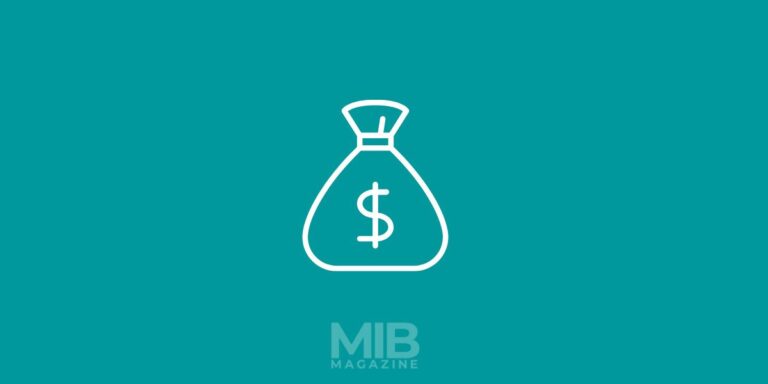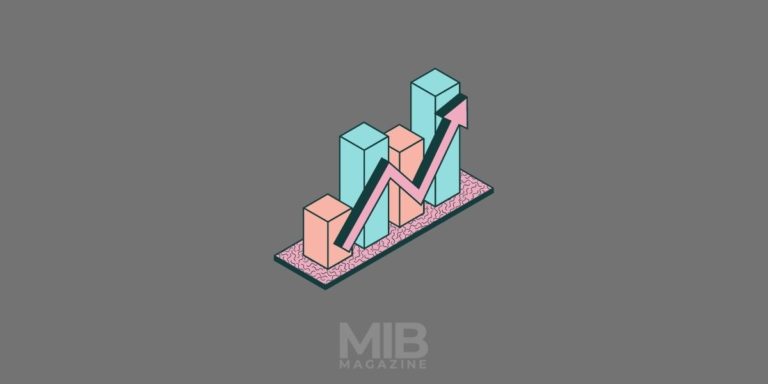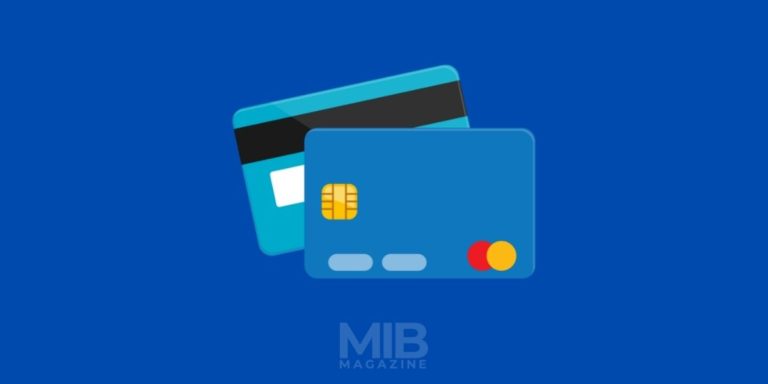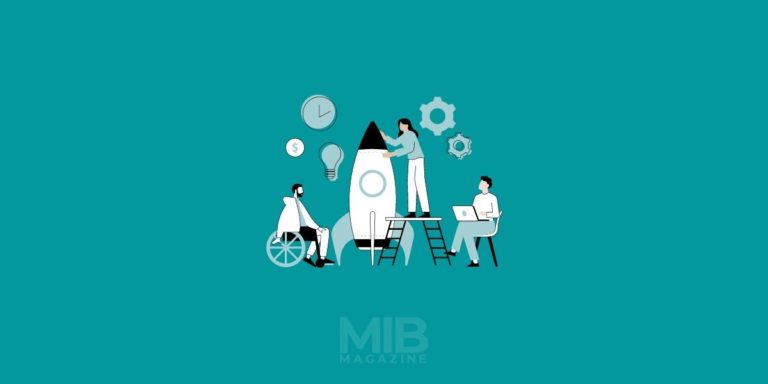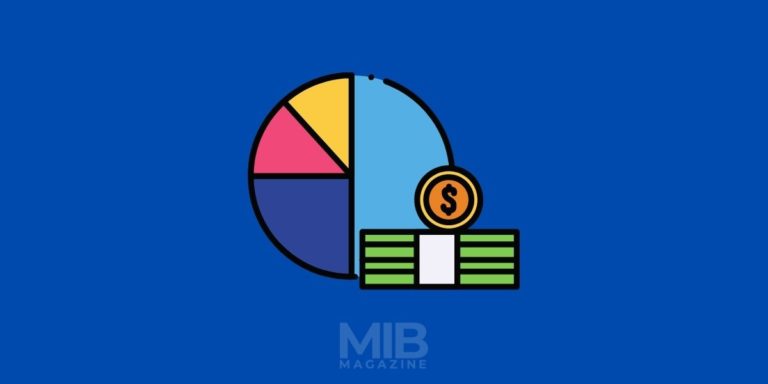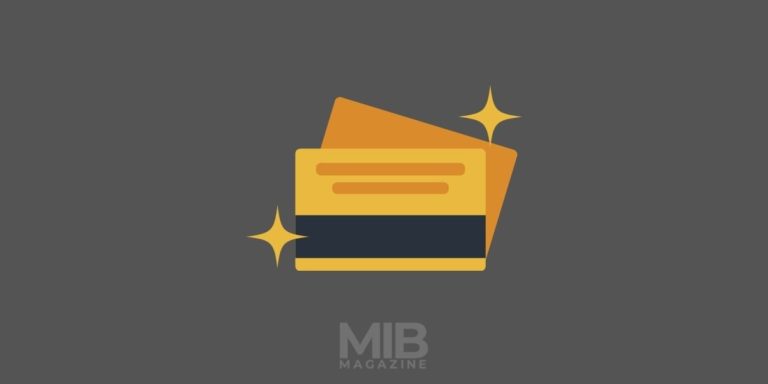6 Common Types of Car Insurance
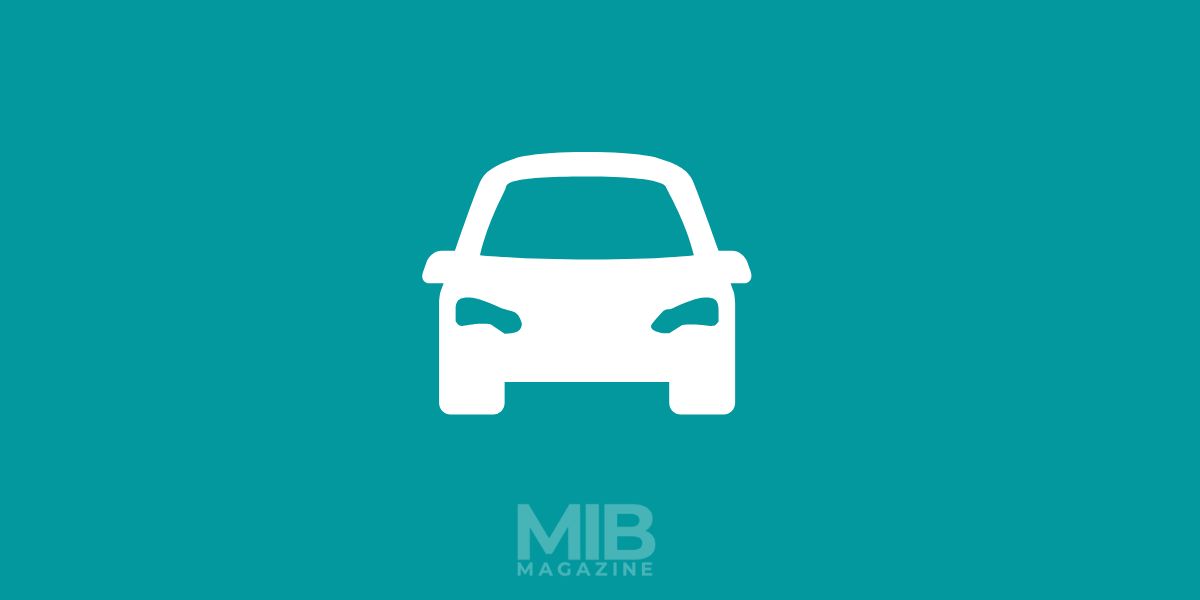
According to the National Highway Traffic Safety Administration, traffic fatalities in the US were significantly higher in 2021 than in 2020. The agency estimated that around 42,915 people died in motor vehicle traffic crashes last year, which is a 10.5% increase from the 38,824 fatalities in 2020. Behind these numbers are numerous lives of people suddenly taken away from their families.
As a car owner, knowing that road safety is a shared responsibility will encourage you to always remain cautious. A part of this responsibility is protecting you and the people around you on the road with proper car insurance.
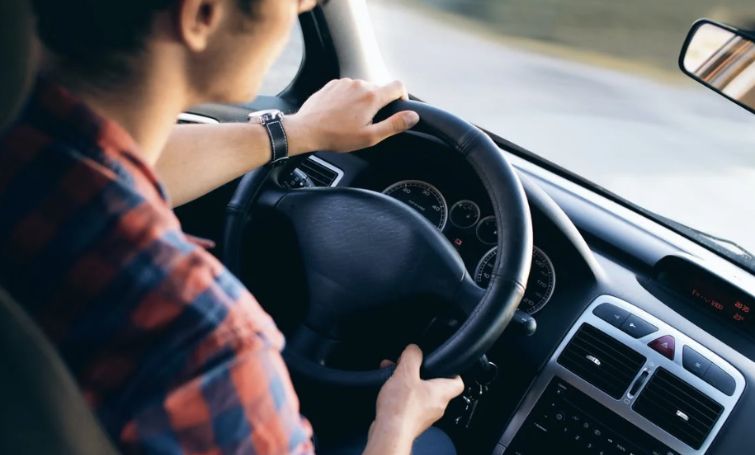
Here are six types of car insurance you should know:
1. Collision Insurance
Collision insurance covers any expenses necessary for the repair or replacement of your car if your vehicle accidentally hits another car or object, such as a fence or tree. Although availing of collision insurance is not mandatory, it’s important to protect yourself from the financial loss that comes with the physical damage to your vehicle. You can’t also neglect the need for this insurance since traffic collisions are one of the most common accidents that could occur.
2. Comprehensive Insurance
Another type of auto insurance is comprehensive insurance. This type of insurance covers expenses on damages on your vehicle that are not caused by collisions like theft, vandalism, fire, animal damage, and natural disasters. Similar to collision insurance, they are not mandatory, but it’s a safe backup plan for unforeseen events. Some businesses may avail of comprehensive coverage for their employees and vehicles. For instance, Columbia University offered auto insurance benefits as a safety measure for possible thefts or accidents for university personnel.
3. Liability Insurance
Unlike the previous insurances, liability insurance is mandatory for all car owners in most US states. Sound Dollar explains that liability insurance helps you cover the expenses you have to pay if you injure someone or cause damage to property in a car accident. A bodily injury liability coverage will take care of the medical bills, missed income due to injuries, and compensation for the physical and/or emotional pain of the person involved in the accident. Meanwhile, a property damage liability coverage will cover the costs of property damage in an accident you caused, which may include another person’s car, a fence or gate, or landscaping.
4. Personal Injury Protection Insurance (PIP)
Since liability insurance doesn’t cover your medical expenses, availing of personal injury protection insurance is essential, even if you think you’re a careful driver. If you suffer from any injuries from car accidents incurred by anyone, your personal injury protection insurance will pay for your medical expenses. This includes costs of doctors, hospitals, and funeral expenses resulting from the covered accident. It may also cover other injury-related losses, such as lost income from missed work and childcare expenses.
5. Medical Payments Insurance (MedPay)
Similar to PIP, medical payments insurance will cover the medical expenses of you and your passengers when they suffer from injuries from a vehicle accident, regardless of who’s at fault. This benefit also extends to pedestrians who might be injured in an accident, making it more useful in urban areas where there’s a greater incidence of foot traffic. MedPay will cover payments for visits to a doctor or hospital, X-rays and surgery, ambulance and emergency medical technician fees, and rehabilitation and nursing care. Unfortunately, this type of insurance is not available in all states.
Uninsured/Underinsured Motorist Insurance
Our article on ‘How to Read Your Car Insurance Policy’ also discussed another type of auto insurance you might need. When you get in an accident and aren’t at fault, or if you’re a party in a hit-and-run, underinsured or uninsured motorist damage insurance can help you by covering the expenses associated with the accident. This may come in handy in the future because you can never be sure that the other party can pay for the necessary expenses. Most of the time, this includes your medical bills and will even involve vehicle repairs.
FAQs
Comprehensive car insurance is an insurance product that provides financial protection against physical damage caused by accidents, theft, vandalism and other events. It typically includes other coverages such as liability and medical payments.
Collision car insurance is an insurance product that covers the repair or replacement of your vehicle if it is damaged in a collision with another vehicle, or with an object such as a tree or a guardrail.
Liability car insurance is an insurance product that provides financial protection in the event you are legally responsible for any damages to another person or their property caused by an auto accident.
Uninsured/Underinsured Motorist Coverage is an insurance product that helps protect you financially if you are involved in an auto accident with an at-fault driver who doesn’t have enough insurance, or who doesn’t have insurance at all.
Medical Payments Coverage is an insurance product that pays for necessary medical expenses resulting from an auto accident, regardless of who is at fault for the accident.
Personal Injury Protection (PIP) Coverage is an insurance product that covers medical expenses and lost wages for you and any passengers in your vehicle in the event of an auto accident.
Gap Insurance is an insurance product that helps pay the difference between the depreciated value of your vehicle and the amount owed on the car loan, in the event of an auto accident involving a total loss.
Rental Reimbursement Insurance is an insurance product that helps cover the cost of a rental car if your primary vehicle is disabled due to an auto accident.
Accident Forgiveness Insurance is an insurance product that helps protect you from rate increases in the event of an at-fault accident.
Roadside Assistance Insurance is an insurance product that helps cover the cost of towing and other services needed as a result of a breakdown, flat tire or other auto emergency.

